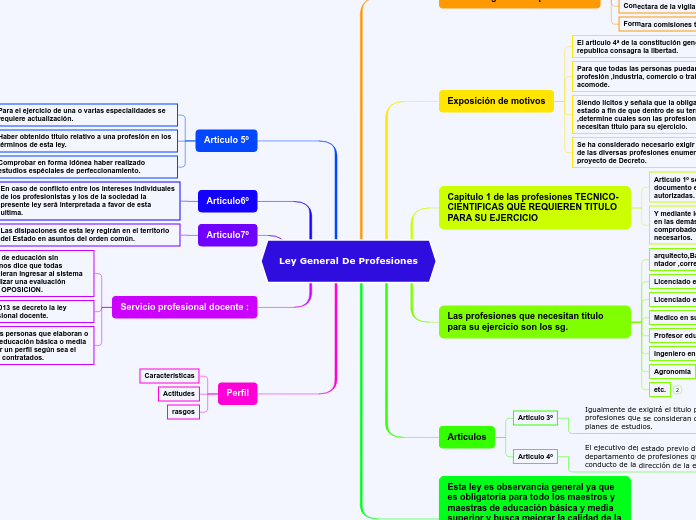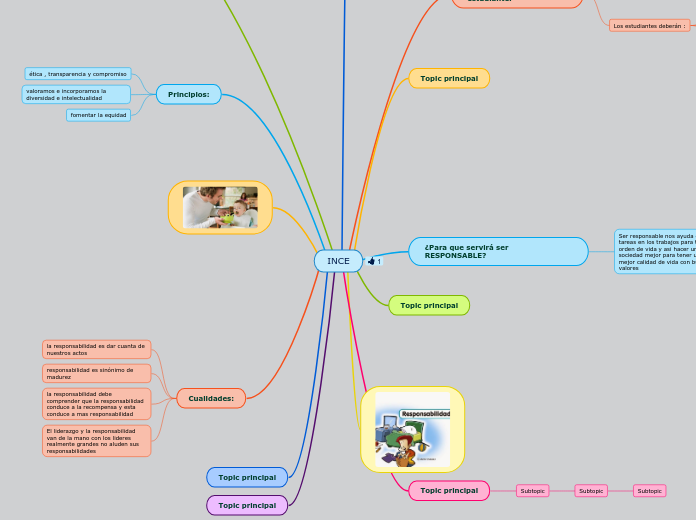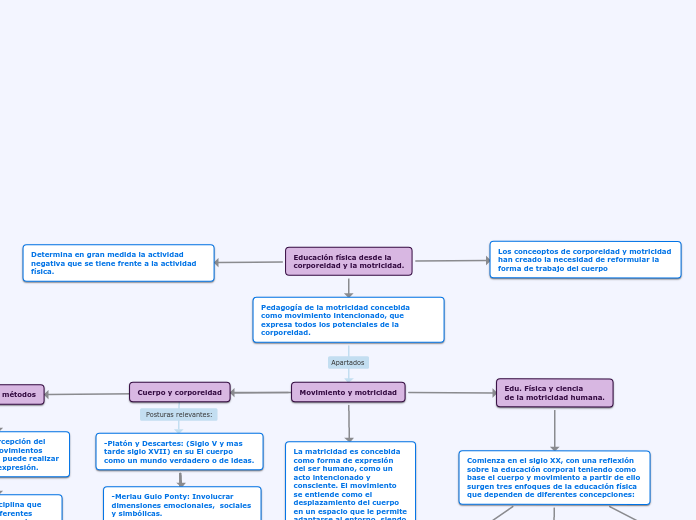Ley General De Profesiones
The part of speech is a category to which a word is assigned according to its syntactic functions. In English the main parts of speech are noun, pronoun, adjective, determiner, verb, adverb, preposition, conjunction, and interjection.
Perfil
rasgos
Actitudes
Características
Servicio profesional docente :
Esta ley dice que todas las personas que elaboran o que quieran ingresar a la educación básica o media superior deben de cumplir un perfil según sea el puesto para el que fueron contratados.
El 11 de Septiembre del 2013 se decreto la ley general de servicio profesional docente.
En el articulo 3ºnos habla de educación sin embargo en la fracción 3 nos dice que todas aquellas personas que quieran ingresar al sistema educativo deberán de realizar una evaluación denominada EXAMEN DE OPOSICION.
Articulo7º
A preposition is one of the most exciting parts of grammar. A preposition is used to describe the location of something in relation to something else.
Las disipaciones de esta ley regirán en el territorio del Estado en asuntos del orden común.
A group of words used with the force of a single preposition is called phrase preposition.
Articulo6º
An interjection is used to express emotion in a sentence.
Think of other interjections!
En caso de conflicto entre los intereses individuales de los profesionistas y los de la sociedad la presente ley será interpretada a favor de esta ultima.
Articulo 5º
A numeral is a word or phrase that describes a numerical quantity.
Some theories of grammar use the word 'numeral' to refer to cardinal numbers that act as a determiner to specify the quantity of a noun, for example the 'two' in 'two hats'.
Comprobar en forma idónea haber realizado estudios espéciales de perfeccionamiento.
Haber obtenido titulo relativo a una profesión en los términos de esta ley.
One, two..
Para el ejercicio de una o varias especialidades se requiere actualización.
First, second..
Esta ley es observancia general ya que es obligatoria para todo los maestros y maestras de educación básica y media superior y busca mejorar la calidad de la practica docente y directiva para que sea de manera efectiva en la educación de los alumnos.
Articulos
An article is a word used to modify a noun, which is a person, place, object, or idea. Technically, an article is an adjective, which is any word that modifies a noun.
Articulo 4º
Indefinite articles are the words 'a' and 'an.' Each of these articles is used to refer to a noun, but the noun being referred to is not a specific person, place, object, or idea. It can be any noun from a group of nouns.
El ejecutivo del estado previo dictamen del departamento de profesiones que lo emitirá por conducto de la dirección de la educación.
Articulo 3º
It refers directly to a specific noun or groups of nouns.
Igualmente de exigirá el titulo para ejercer las profesiones que se consideran dentro de los planes de estudios.
Las profesiones que necesitan titulo para su ejercicio son los sg.
A pronoun is a word that can be used in place of a noun, typically after the noun itself has already been stated.
etc.
Unlike demonstrative pronouns, which point out specific items, indefinite pronouns are used for non-specific things. This is the largest group of pronouns. All, some, any, several, anyone, nobody, each, both, few, either, none, one, and no one are the most common.
None, Several
Agronomía
Relative pronouns are used to add more information to a sentence. Which, that, who (including whom and whose), and where are all relative pronouns.
Which, Where
Ingeniero en sus diversas ramas
Interrogative pronouns are used in questions. Although they are classified as pronouns, it is not easy to see how they replace nouns. Who, which, what, where, and how are all interrogative pronouns.
Which, Who
Profesor educación primaria
Reciprocal pronouns are used for actions or feelings that are reciprocated. The reciprocal pronouns are each other and one another.
Each other, one another
Medico en sus diversas ramas profesionales
A reflexive pronoun ends with ...self or ...selves and refers to another noun or pronoun in the sentence (usually the subject of the sentence). The reflexive pronouns are myself, yourself, herself, himself, itself, ourselves, yourselves, and themselves.
Itself, Himself
Licenciado en economía
Demonstrative pronouns are used to demonstrate (or indicate). This, that, these, and those are all demonstrative pronouns.
This, These
Licenciado en derecho
Possessive pronouns are used to show possession. The possessive pronouns are mine, yours, his, hers, ours, and theirs.
His, Your
arquitecto,Bacteriologo,biologo,cirujano,dentista,contador ,corredor,enfermera,y partera
The personal pronouns are I, you, he, she, it, we, they. More often than not (but certainly not always), they replace nouns representing people.
He, They
Capitulo 1 de las profesiones TECNICO-CIENTIFICAS QUE REQUIEREN TITULO PARA SU EJERCICIO
An adjective is a word that's used to describe a specific noun and to provide more detail to the listener.
Y mediante los requisitos que se exige en esta ley en las demás relativas a favor de la persona que ha comprobado haber adquirido los conocimientos necesarios.
Superlative adjectives demonstrate a higher level of comparison between entities.
She is the prettiest princess.
Articulo 1º se entiende por titulo profesional el documento expedido por una de las instituciones autorizadas.
Expresses a comparison between two entities or groups of entities in quality or degree.
He is taller than she is.
Exposición de motivos
A noun is defined as a person, place, thing or idea. Proper nouns always begin with a capital letter. Common nouns, which are general words, such as 'cars,' are not capitalized.
Se ha considerado necesario exigir para el ejercicio de las diversas profesiones enumeradas en el proyecto de Decreto.
Compound nouns are words where two nouns have been stuck together to make a new noun. Compound nouns should be written as one word, without a hyphen.
Candlestick
Siendo lícitos y señala que la obligación para cada estado a fin de que dentro de su territorio ,determine cuales son las profesiones, que necesitan titulo para su ejercicio.
A noun which refers to a group of things/people.
Family, Class
Para que todas las personas puedan dedicarse a la profesión ,industria, comercio o trabajo que les acomode.
Countable nouns are nouns that can be counted, even if the number might be extraordinarily high.
Uncountable nouns are nouns that come in a state or quantity which is impossible to count; liquids are uncountable, as are things which act
like liquids.
Cats, Rain
El articulo 4ª de la constitución general de la republica consagra la libertad.
Proper nouns are the names of specific people or places. They should always begin with a capital letter.
Mary, Paris
Dirección general de profesiones.
A verb is an action word or 'doing' word that signifies movement in some way.
Formara comisiones técnicas de cada profesión
A participle is a verb form that can be used as an adjective or to create a verb tense. There are two types of participles: Present participle (ending -ing) and Past participle (usually ending -ed, -d, -t, -en, or -n).
The winning athlete gets a trophy.
Conectara de la vigilancia del ejercicio profesional.
A modal is a type of auxiliary (helping) verb that is used to express: ability, possibility, permission or obligation. The main modal verbs in the English language are: can, could, may, might, must, shall, should, will, would.
I might go to the park if I get my homework done.
Se encarga de la vigilancia del ejercicio profesional.
A linking verb connects the subject with a word that gives information about the subject, such as a condition or relationship.
You look exhausted after studying all night.
Regida por el articulo 5º constitucional.
A verb with its own meaning: a verb that is not an auxiliary verb.
Create sentences
They have it.









